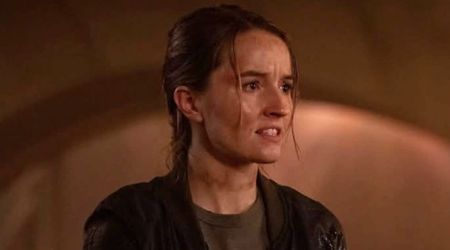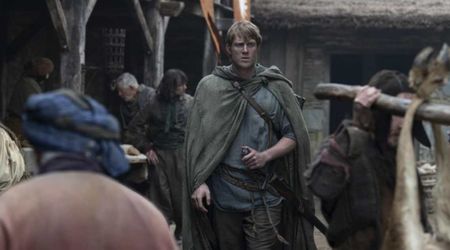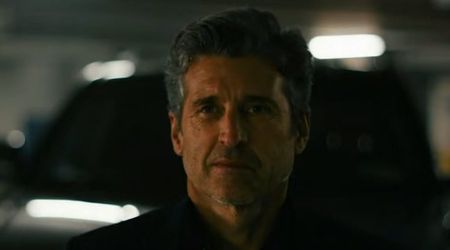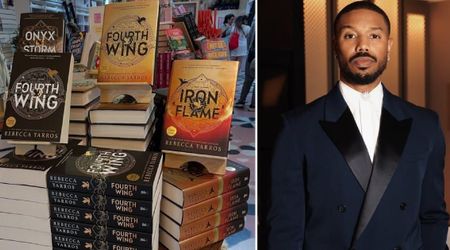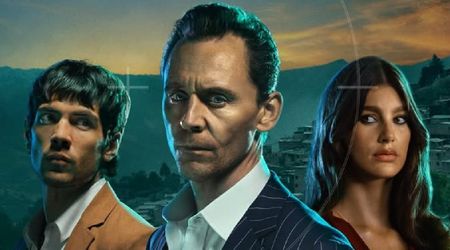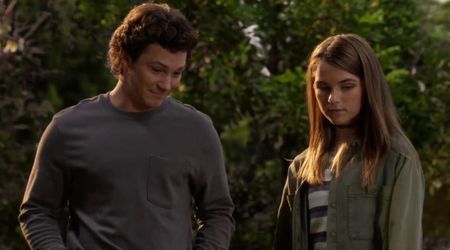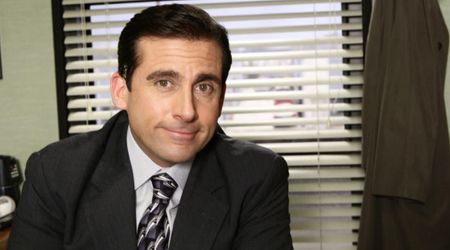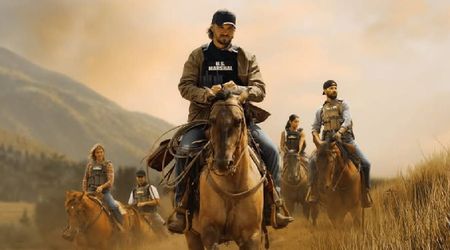'Buried Worlds with Don Wildman' Episode 2 unravels tightly guarded Haitian and New Orleans Voodoo secrets

In the latest episode of 'Buried Worlds with Don Wildman', the Travel Channel host explores the tightly guarded dark secrets of the ancient practice of voodoo. He journeys to Northern Haiti, where voodoo is very much an essential part of the Caribbean island's culture. He gains access to an intimate blood sacrifice ritual and learns the truth about voodoo's close association with the craft of necromancy, particularly zombification. He then explores the voodoo practices in New Orleans, Lousiana, where he witnesses a secret possession ritual.
The first thing that comes to mind when we hear the term 'voodoo' is horror movies that outline zombies, black magic, deadly curses and all sinister things in between. Yet, it is staunchly followed and practiced to this day, but the true power of voodoo is truly darker, mysterious and frightening.
Voodoo in Haiti
While Roman Catholicism is the official religion of Haiti, voodoo, or as the Haitians refer to it 'Vodou' is viewed as the island's national religion. As the saying goes, Haitians declare that they are "70 percent Catholic, 30 percent Protestant and 100 percent Vodou," while many voodooists believe that their religion can co-exist alongside Catholicism. Vodou is not only a religion but a way of life for Haitians as well as factions of the black diaspora in the US and across South America and Africa. The amalgamation of Catholicism, Western and Central African spirituality gave birth to Haitian Vodou, and it was once used as a form of resistance against the French colonial empire. Over the years, scores of scholars who specialized in the study of voodoo have concurred that the religion was primarily influenced by escaped slaves that aimed to incite rebellions founded under a common spiritual identity.
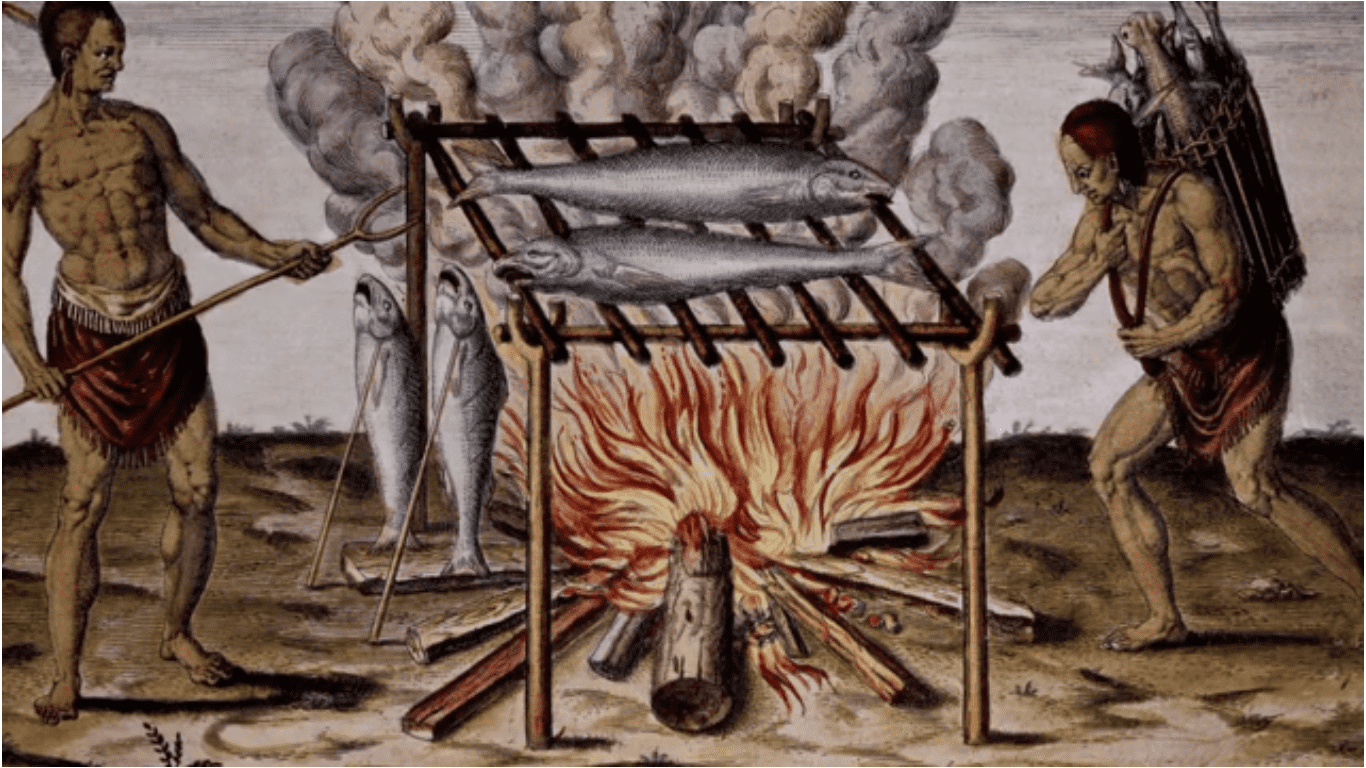
The religion is based on ancestral spirits and patron saints and unlike the mainstream beliefs that we know of, Vodou incorporates the use of magic and rituals as a form of religious healing. The religion itself revolves around family spirits called the 'loua', inherited through the maternal or paternal lines of the family. The loua are spirits that are believed to provide protection to the members of the community that engage in rituals to respect and honor them from misfortune. In return, the family must offer gifts to the loua in the form of food or drinks through periodic rituals. Haitians believe that when summoned by the 'children' or family members the ancestral loua are capable of temporary possession of the body. The person enters a trance during which they embody the traits of the particular loua that has taken possession of them. Other Vodou beliefs include witchcraft and zombification. Haiti reportedly has many secret societies whose members practice sorcery.
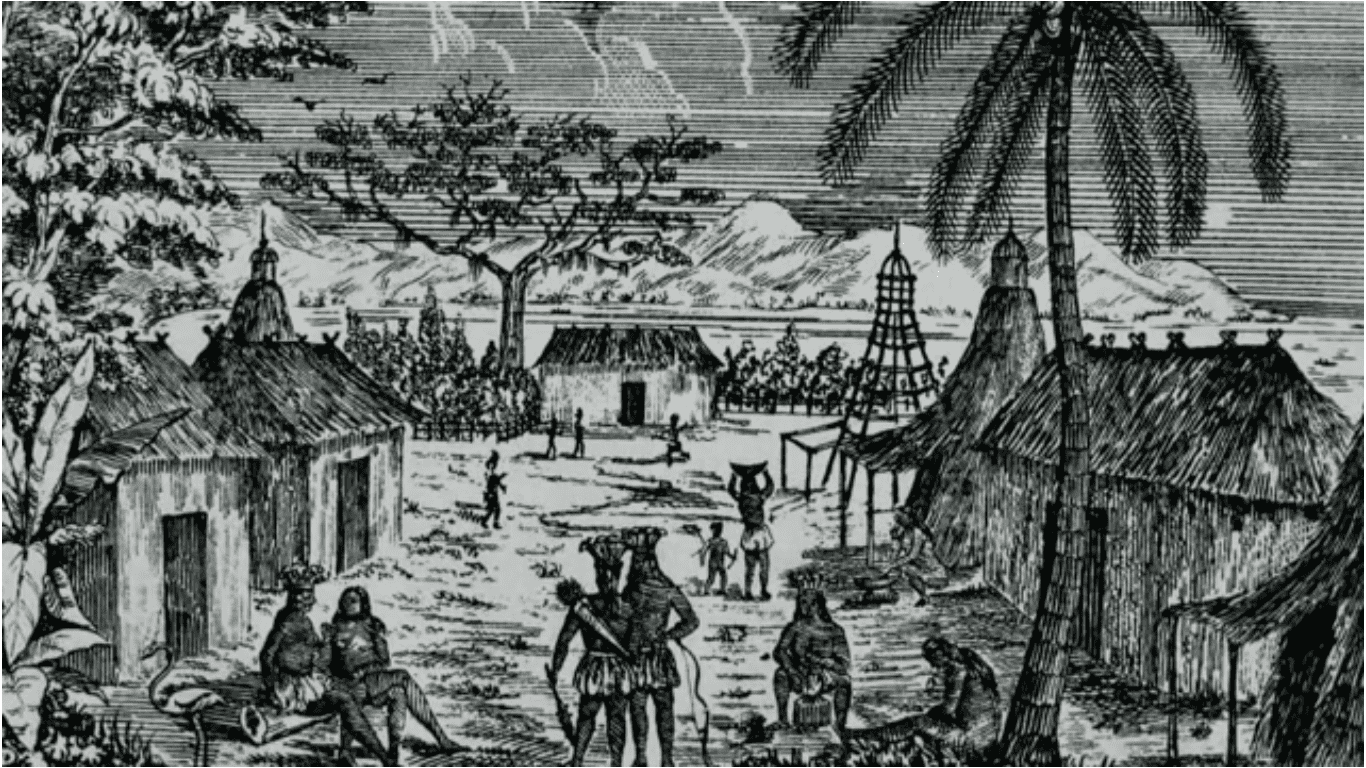
In 1791, Voodoo took center stage in inciting the Haitian revolution against slavery and colonialism. However, the Haitian government banned Voodoo between 1835 to 1987 under laws that prohibited ritualistic practices, but Voodoo had become a dominant spiritual system as early as the 19th century. In the modern Haitian scenario, Vodou is a way of life that is everywhere while also nowhere, as in it is a hidden religion that mostly serves in the role of healing. Wildman travels to Bande Du Nord, a locality in Northern Haiti to explore the secrets of the ancient practice of Haitian Vodou, which is shrouded in mystery and also bears witness a sacred ritual. Vodou also comprises rituals of darker and more taboo nature that are held in more remote places. Wildman meets with a Vodou priest and about 30 or so members of the community in the caves of Dondon high up in the mountains, which is located about 40 miles outside Bande Du Nord. They gathered together to perform a ritual, asking the gods to steer away Hurricane Dorian (2019), that's was fast approaching and was predicted to cause widespread devastation.
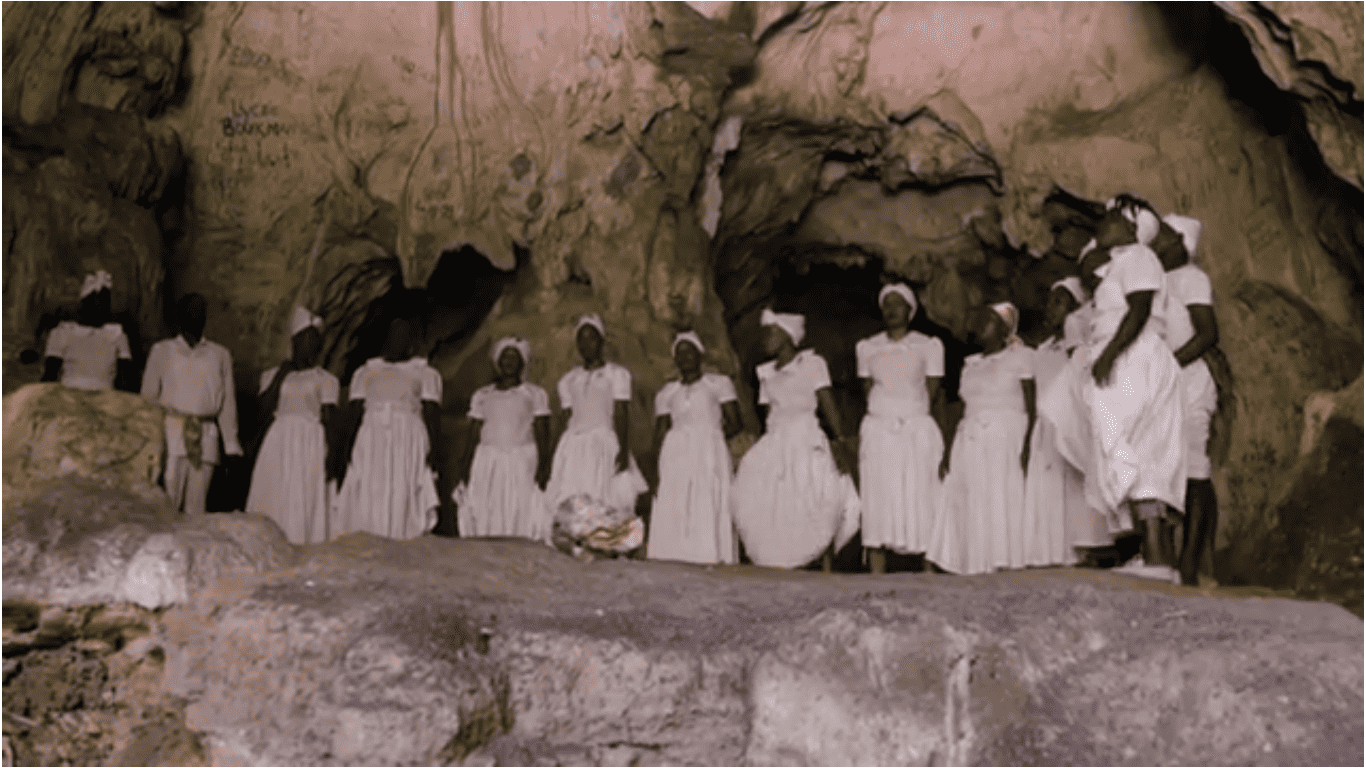
The ritualists donned in white clothing began the ceremony by blessing the cave with perfumes, oils, and burning candles to ward off the darkness and enlighten themselves as well as the nation. The priest would appeal to the sun god, Legba, to help them during the storm while offering two gifts - the release of pigeons as a sign of freedom and the sacrifice of a goat. The cave is home to many spirits, some more menacing than the others and you never know which ones may take possession of the worshippers' bodies. Petroglyphs depicting from the Taino era are carved into every surface of the cave that highlights its ancient history. The Taino people use the caves for their ritualistic practices, and when the enslaved people arrived on Haitian lands, they lived, labored and worshipped with them. So the Taino people taught them their way of life, while also disseminating their religious secrets. Wildman also visited a Vodou priestess in Cap Haitien, who lives is Vodou compound or a 'Lakou'. She is a leading potion maker who performs rituals to summon the gods and spirits to help her in making potent concoctions from the secret herbs she gathers from the forest. The darkest practice in Vodou is zombification. Wildman learns that among the gods most innate to the Vodou religion, the Lord of Death, Baron Samedi.
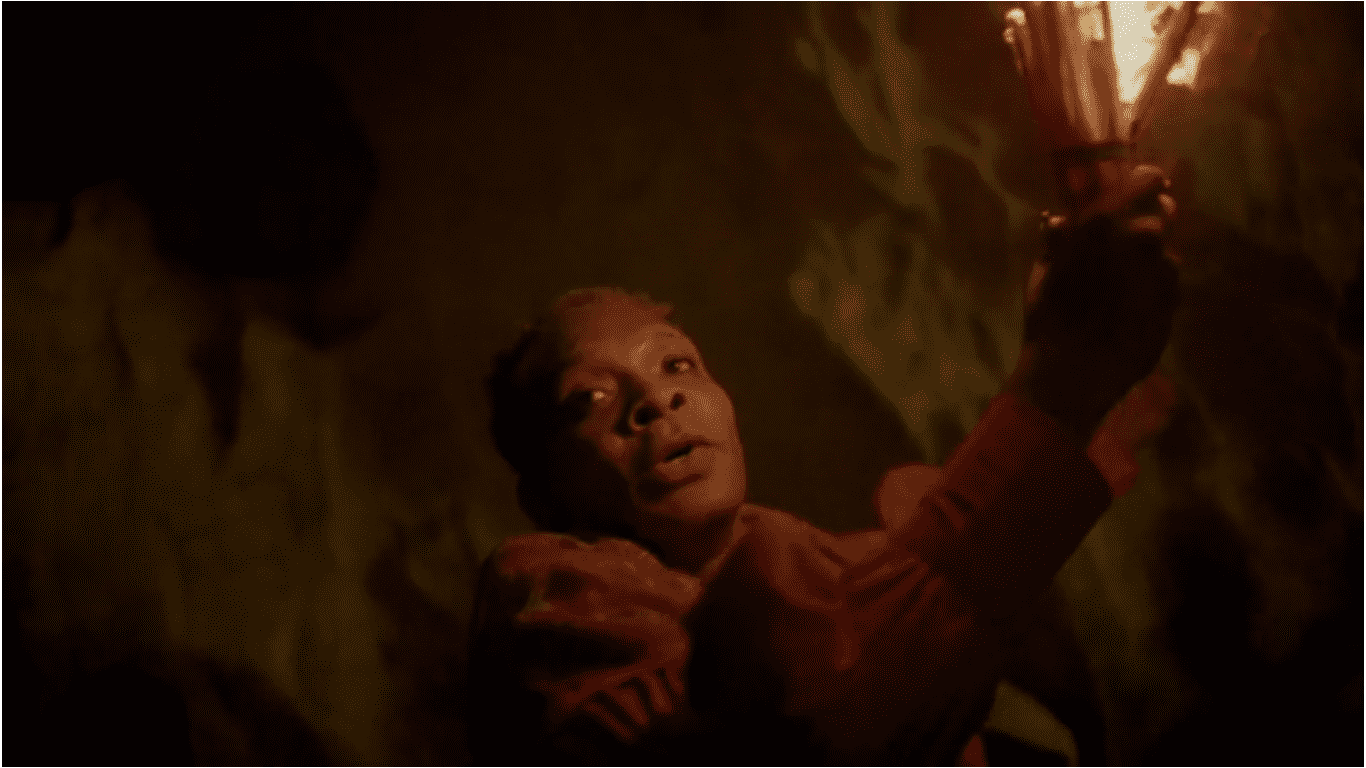
Zombification is a punishment, the priestess informed him but didn't go into detail about the process because it is a closely guarded secret. If a community wanted to get rid of someone but couldn't kill them, then the Vodou priest would concoct a potion for the victim that would incapacitate them. The victim would appear dead and be buried while in the vegetive state. Later the Vodou priest would dig up the victim and reanimate the body using another secret ritual. From that moment on the victim is a zombie, a soulless body doing the bidding of a Vodou priest. Wildman also learns that the poison from a Haitian pufferfish is the main ingredient in concocting the zombification potion and is at least 1,200 times more poisonous than cyanide.
Voodoo in New Orleans
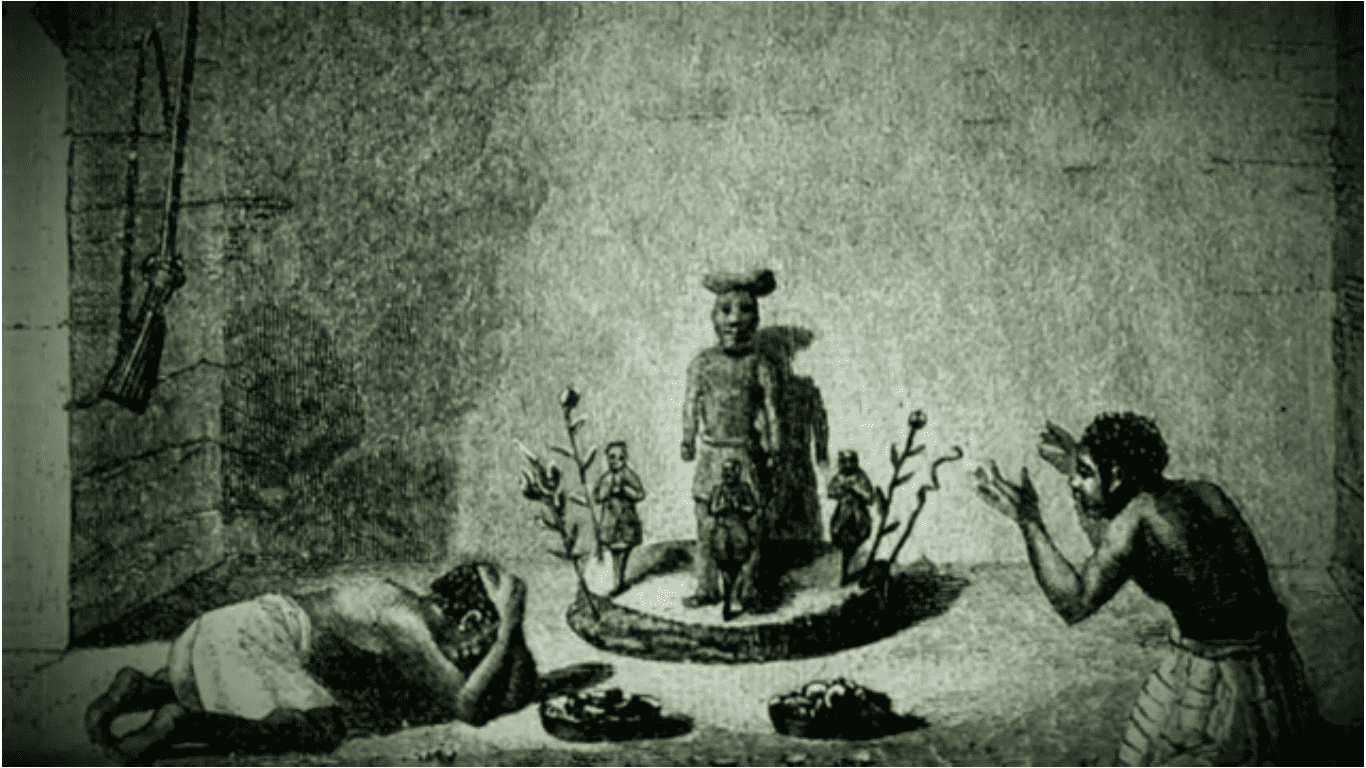
New Orleans in Lousiana is known for its voodoo practices. Voodoo originated in Louisiana when enslaved West Africans landed there and merged their religious rituals and practices with those of the local Catholic populace. New Orleans voodoo is known as Voodoo-Catholicism, a religion connected to nature, spirits and ancestors. Voodoo kings and queens were also important spiritual and political figures in the 1800s New Orleans. The core belief in New Orleans voodoo is that God does not interfere in daily lives, but spirits do. A connection can be established with these spirits through ritualistic elements as dance, music, chanting and even snakes. Most of these rituals are healed privately because of their extremely taboo nature.

Wildman travels to Lousiana to learn more about Baron Samedi. Haitians believe that Baron Samedi is the spirit of the first man to have ever died. He is the king of the dead and the master of death who is capable of casting spells, curses, and also curing all mortal ailments. He is the gatekeeper to the afterlife, which is why voodooists often call upon him to summon zombies. Wildman witnessed a sacred possession ritual, performed in a private, swampy marsh in St Bernard, some 30 miles away from Louisiana. The members comprising The Divine Prince Ty Emmecca and priestesses were gathered there to call upon the Lord of Death through their ritual in order to pray for safe passage for a community member who was on their deathbed.
'Buried Worlds with Don Wildman' premieres on Mondays at 9 pm ET/PT on Travel Channel.


